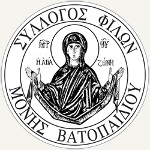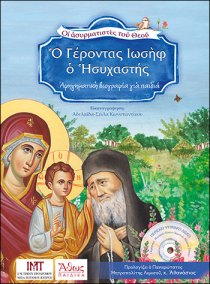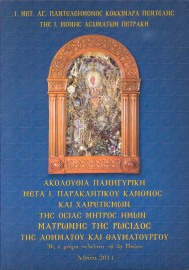
From «Remember thy First Love» by Archimandrite Zacharias Zacharou
Question: In taking the steps which you have presented W to us, the most difficult thing, I think, is to overcome the rear of shame. This is what I try to do in my parish. People will not come to confession although their souls are burdened and things are driving them crazy, because they cannot overcome the shame to admit their sins. How do you lead people in this direction?
Answer: I think that the strength to bear shame is a gift from God. When I was a young and inexperienced spiritual father, Elder read more… Διαβάστε τη συνέχεια του άρθρου »



























































